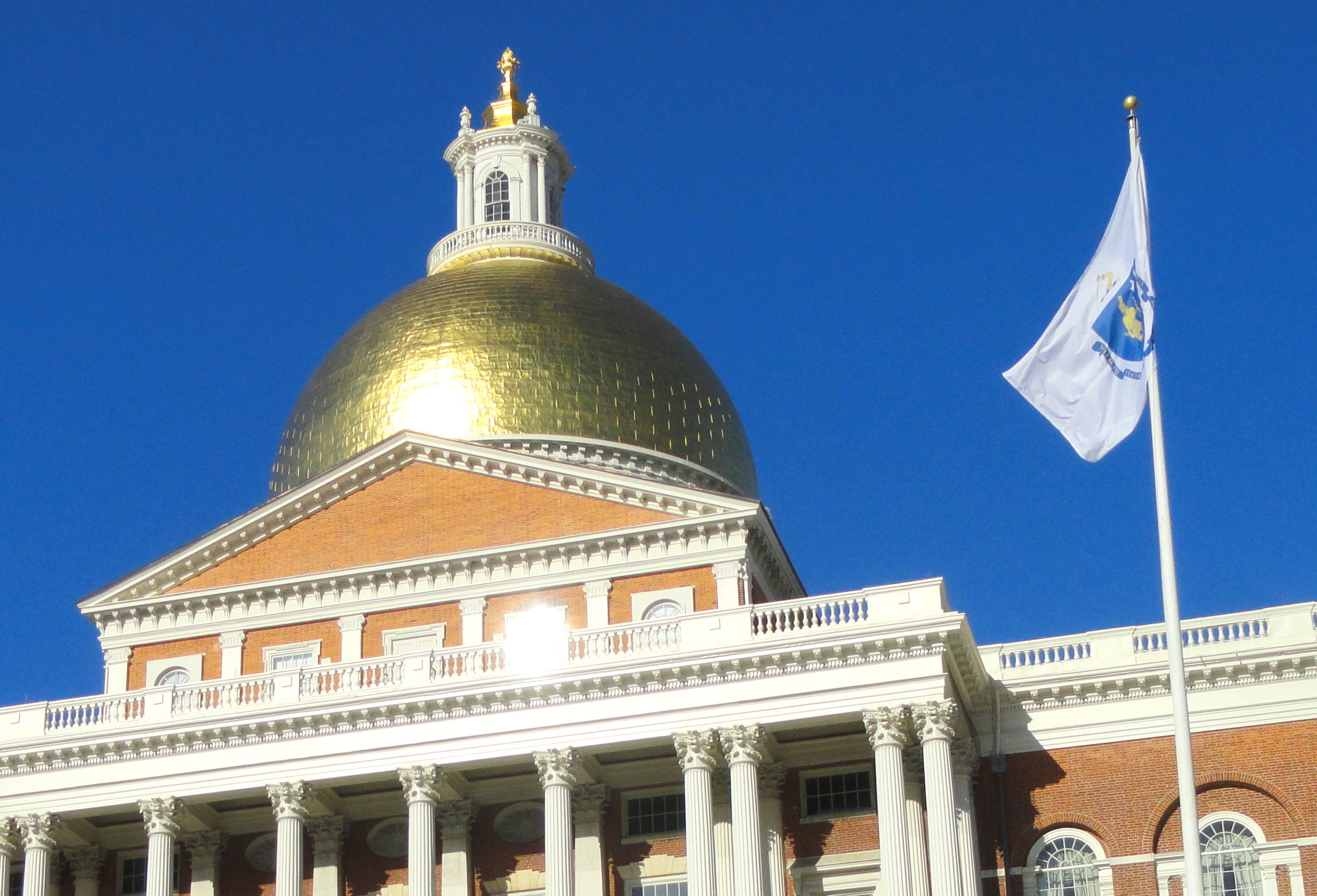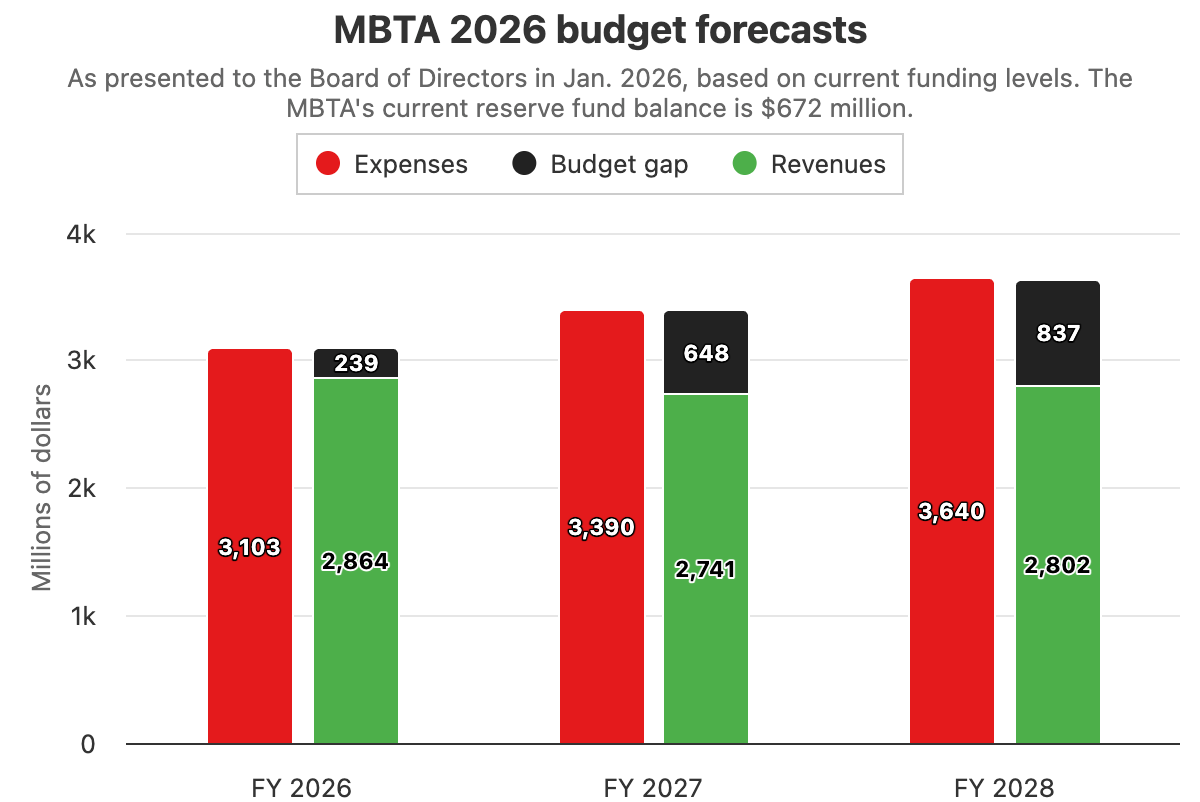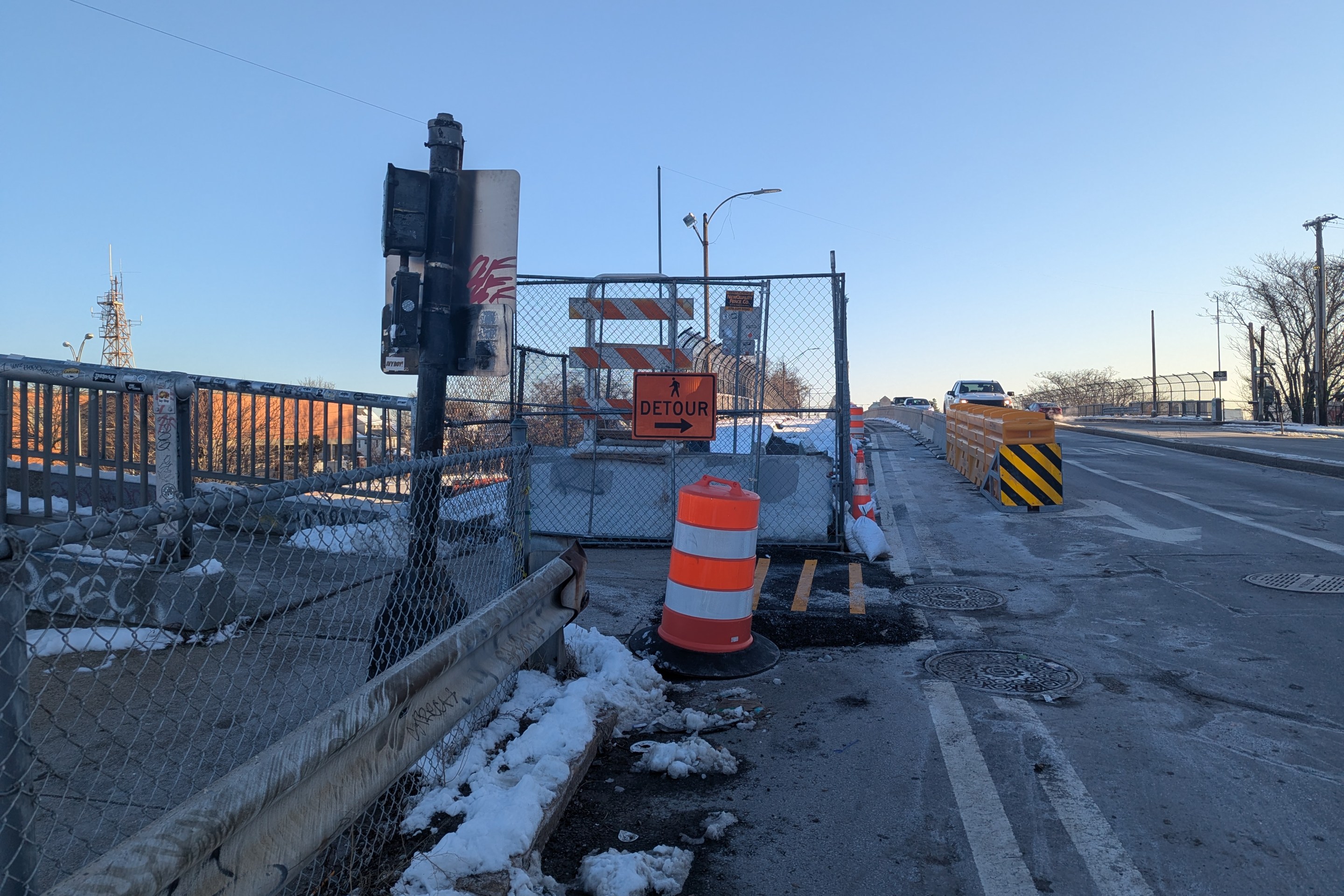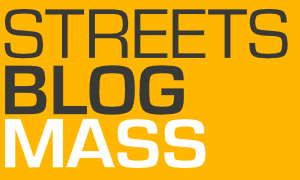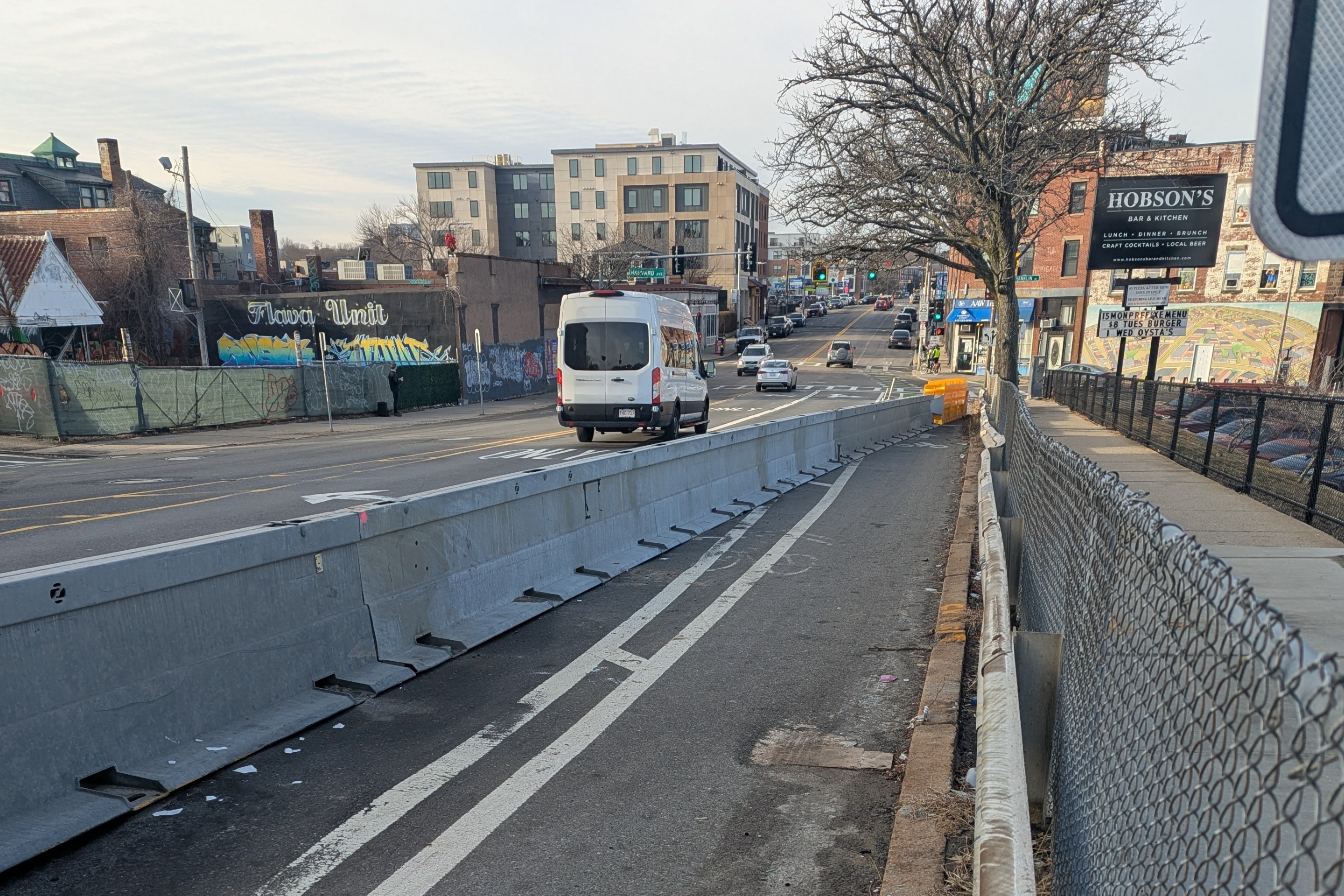After saying earlier this year that the MBTA was "in crisis" and that his chamber would have a "long-term strategic investment plan" for the state's transportation systems before the end of the year, House Speaker Robert DeLeo has announced that he and his fellow Democrats in the State House will delay that debate until 2020.
At the end of October, House Speaker Robert DeLeo had been meeting with several key legislators, including House Majority Leader Ronald Mariano of Quincy, Ways and Means Chairman Aaron Michlewitz of Boston, Revenue Committee Co-chair Mark Cusack of Braintree, and Transportation Committee Co-Chair William Straus of Mattapoisett, to discuss new policies, taxes and fees that could fund the state’s struggling transportation systems.
At that time, DeLeo and other House leaders had announced their intention to have a transportation funding bill approved be the entire House of Representatives before the Legislature recesses for the holidays on November 20.
But on Thursday, the State House News Service reported that DeLeo would miss that deadline, and put off that debate until the Legislature reconvenes in 2020.
Various advocacy organizations have been peppering the Legislature with proposals in efforts to influence the proposed legislation. On Wednesday, the Metro Mayors Coalition, a coalition of 15 municipalities in the core of the MBTA's service area, urged the Legislature to pass a 15-cent increase and other new motor vehicle fees in order to generate an estimated $450 million in new annual revenue.
A Better City, a business group that advocates for better transportation and infrastructure, last week released a report that estimated that the region would need to spend $50 billion in the next two decades to maintain and make planned upgrades to its transportation systems, and advocated for an 11.5-cent increase to the gas tax, expanded use of tolling on congested highways, and other fees.
A Better City's report also noted that peer regions were making more ambitious investments: voters in Seattle, for instance, have approved raising sales taxes and car registration fees to raise $54 billion for transit expansions over the next 25 years.
According to conventional wisdom, it may be more difficult for the State House to pass ambitious legislation to raise taxes or fees in 2020, which is an election year.
But voters who are fed up with wasting their valuable time stuck in traffic or waiting for unreliable transit may need to remind their representatives that the status quo is also imposing a heavy tax on the state's residents. Putting off the debate makes it more likely that whatever state legislators end up doing (or not doing) to keep the state moving will be an issue for voters on Election Day.
